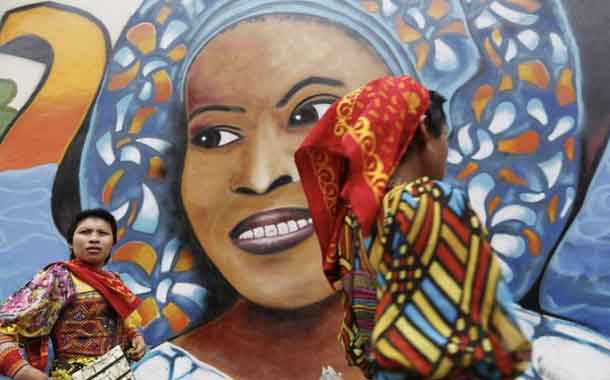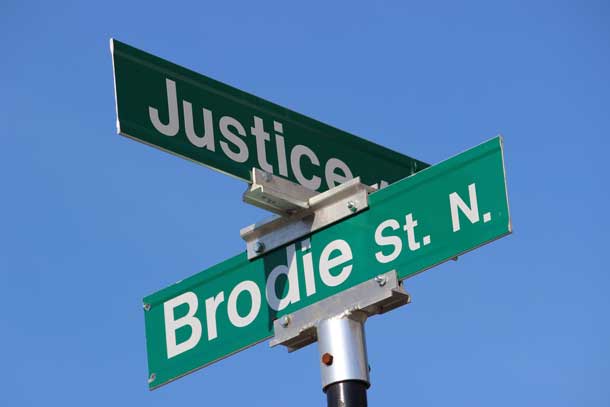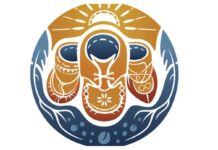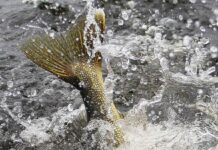

Rosa Montezuma hopes to show other indigenous women that they can overcome prejudice and stereotypes
By Anastasia Moloney
BOGOTA – (Thomson Reuters Foundation) – Born into Panama’s Comarca Ngobe Bugle Indigenous community, Rosa Montezuma is only too well aware of the challenges girls face getting an education and pursuing their dreams.
Now as Panama’s first Indigenous woman in the Miss Universe beauty pageant, Montezuma hopes to become an example to show others they can overcome prejudice and stereotypes.
“Indigenous women by nature are a little bit demure, hidden and submissive because of the culture we live in,” Montezuma told the Thomson Reuters Foundation.
“More than anything, it’s being an example for other women and opening the doors not only to participate in a beauty pageant but also to be able to do any kind of work in society.”
The 67th annual pageant will be held in Bangkok in December.
When Montezuma, 25, decided to take part in the Miss Panama beauty contest to become a candidate for Miss Universe, controversy and bullying ensued on social media, she said.
People questioned her Indigenous heritage and where she was born and lived, she said this week.
“Panama wasn’t ready to accept an Indigenous woman to take part in the competition,” Montezuma said.
“This has shown that we should also be included in all spheres of society, and in all types of competitions. The pageant has been a platform for inclusiveness in the country.”
She grew up in a remote and impoverished rural community in western Panama with no internet or mobile phone reception.
Against the odds Montezuma went to the capital, Panama City, an eight-hour drive away, to get a university education.
There she said she faced discrimination and prejudice from other students.
“They’d look at me and say for being Indigenous, she doesn’t have the same abilities that we have,” Montezuma said, a food science and technology graduate.
Indigenous people make up more than 10 percent of Panama’s population of 4 million.
While Panama has laws to protect Indigenous culture and collective land rights, nearly nine in every ten Indigenous people live in poverty, a problem the United Nations described in a 2014 report as “alarming.”
Ensuring Indigenous girls get educated is a key challenge facing the community, Montezuma said.
In 2007, Panama introduced a programme to promote bilingual education in indigenous communities for children to learn in both Spanish and their native languages.
But Indigenous children from the Ngobe Bugle community, especially girls, go to school on average for less than four years. That is half of the national average.
“Many Indigenous women don’t study, but I did want to study,” said Montezuma, adding she was supported by her parents.
“You have to make a lot effort to be able to overcome the obstacles and to advance.”
(Reporting by Anastasia Moloney @anastasiabogota, Editing by Ellen Wulfhorst. Credit the Thomson Reuters Foundation, the charitable arm of Thomson Reuters, that covers humanitarian news, women’s rights, trafficking, property rights, climate change and resilience. Visit http://news.trust.org)







